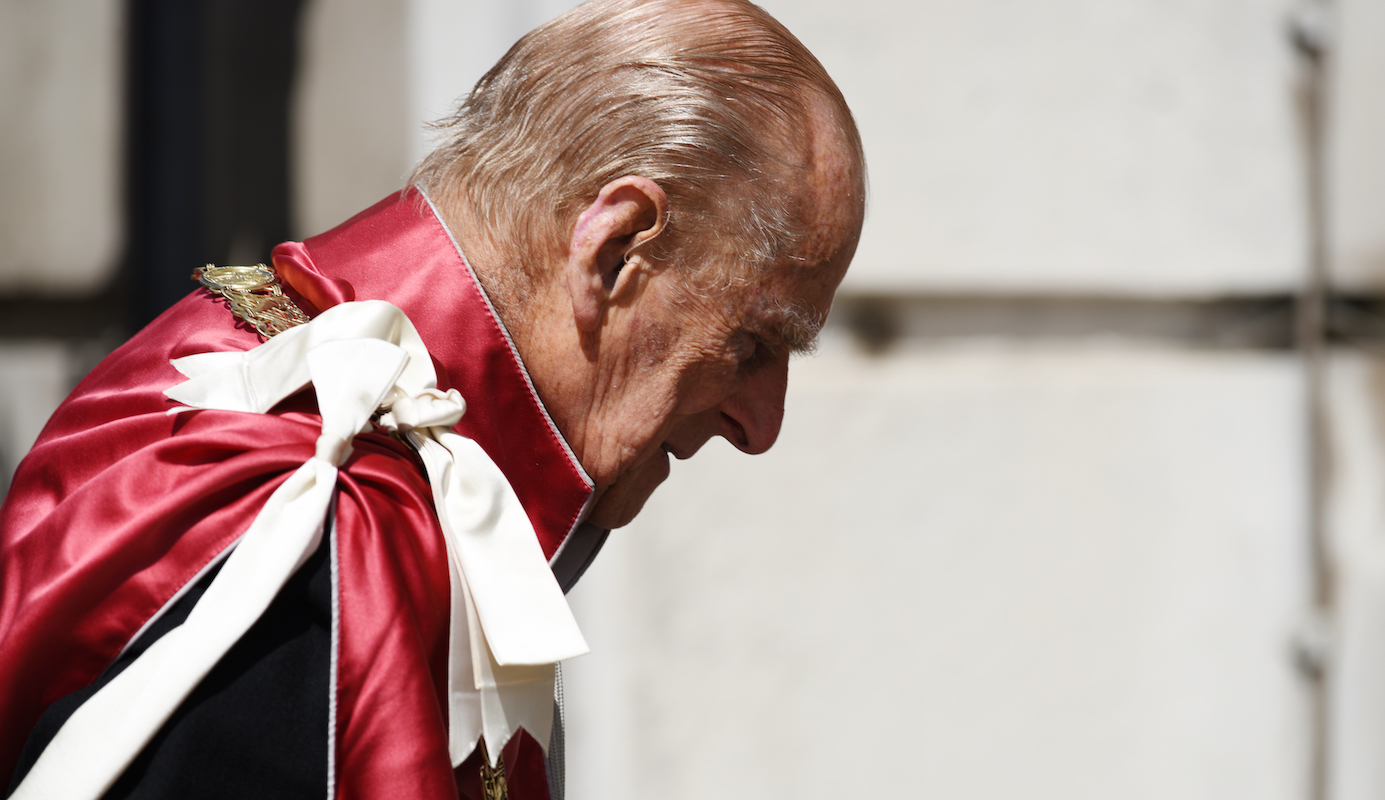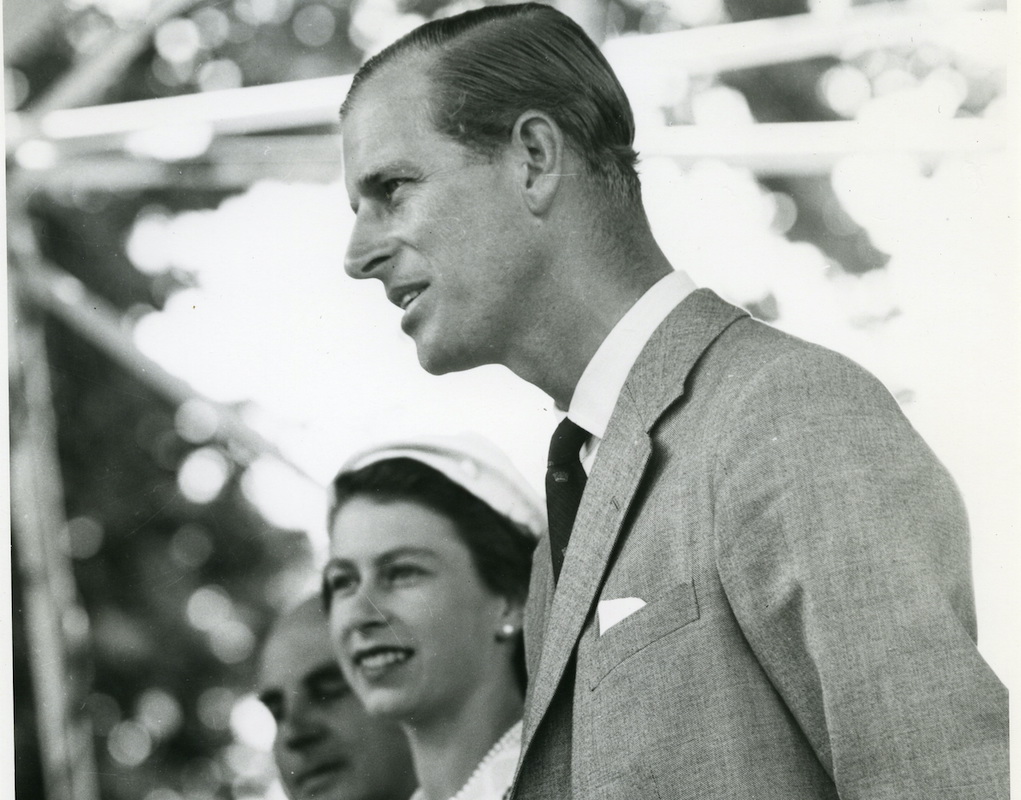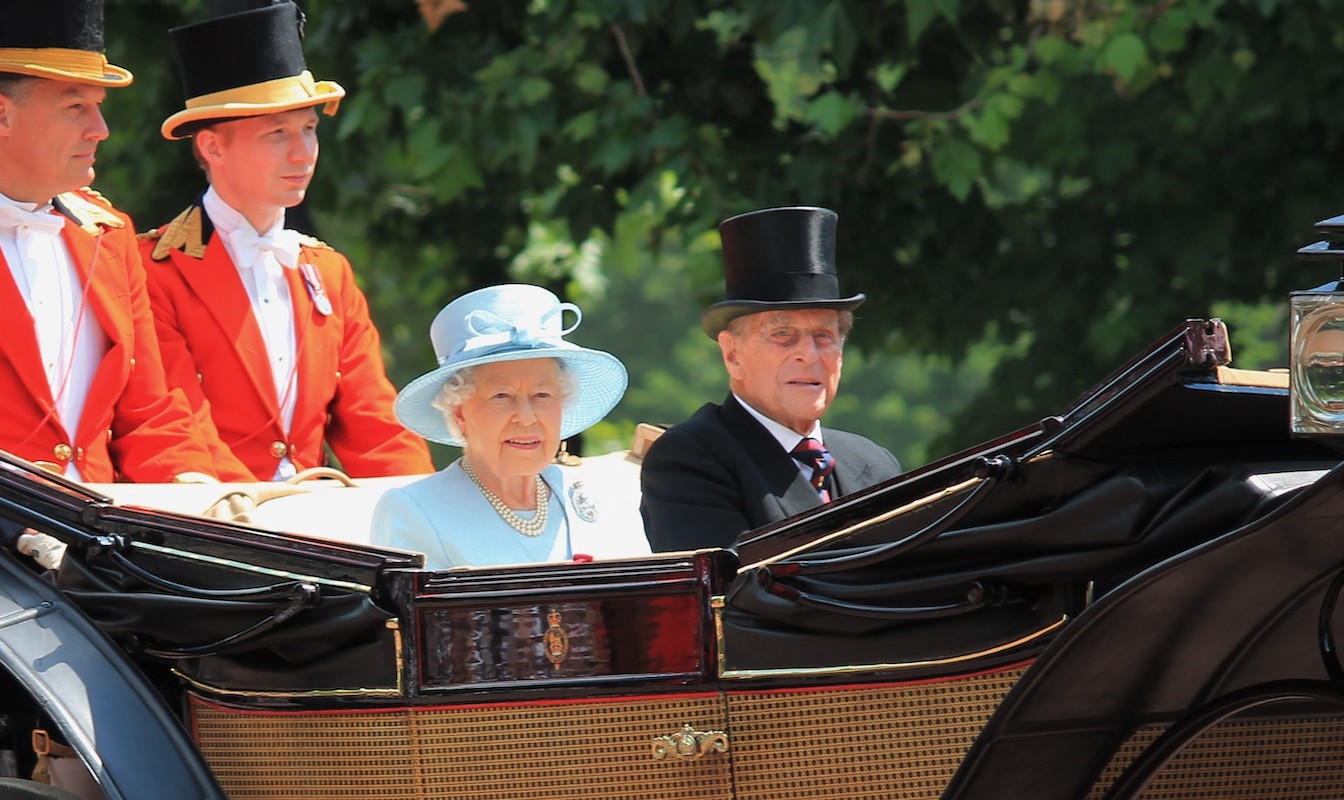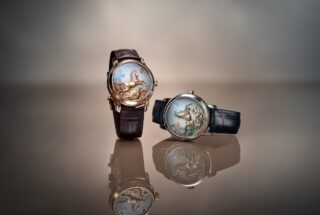This website uses cookies so that we can provide you with the best user experience possible. Cookie information is stored in your browser and performs functions such as recognising you when you return to our website and helping our team to understand which sections of the website you find most interesting and useful.
An extraordinary life: Prince Philip, The Duke of Edinburgh, 1921-2021
By Tempus | 13 April 2021
Tempus pays tribute to iconic royal

His Royal Highness Prince Philip, The Duke of Edinburgh, died at Windsor Castle on the morning of Friday 9 April. At 99 years old, the duke was the longest serving royal consort in history, carving out a unique path The Queen and serving to modernise the royal family.
In an official announcement, Buckingham Palace wrote: “It is with deep sorrow that Her Majesty The Queen has announced the death of her beloved husband, His Royal Highness The Prince Philip, Duke of Edinburgh.
“His Royal Highness passed away peacefully this morning at Windsor Castle. The Royal Family join with people around the world in mourning his loss.”
As royals, led by The Queen, entered a period of mourning, Philip’s oldest son Charles, the Prince of Wales, led tributes in a video statement made from his Highgrove House estate.
"My dear Papa was a very special person who I think above all else would have been amazed by the reaction and the touching things that have been said about him, and from that point of view we are, my family, deeply grateful for all that. It will sustain us in this particular loss and at this particularly sad time,” he said. "I particularly wanted to say that my father, for I suppose the last 70 years, has given the most remarkable, devoted service to the queen, to my family and to the country, but also to the whole of the Commonwealth.”
Merit and distinction
Born in Corfu on 10 June 1021, Philip was the only son of Prince Andrew of Greece and Denmark and Princess Alice of Battenberg. The young Philip had a tumultuous upbringing; the family was accused of treason and forced into exile in 1922 during the Greco-Turkish war. He was educated in France, Germany and the UK before attending Gordonstoun School in Scotland, where he flourished due to his love of sports. During his youth, Philip’s four sisters married German princes, while his mother was diagnosed with schizophrenia and spent time in an asylum. In 1937, his sister Cecile died in an air crash in Ostend, in which her husband Georg, two sons, newborn infant and mother-in-law also died.
Philip’s uncle, Lord Louis Mountbatten, was a guiding figure in his life, encouraging him to follow his own footsteps into the military and helping him gain UK citizenship. Philip became a celebrated British naval officer. He enjoyed a distinguished 14-year career which included courageous acts during the Second World War – including serving on the battleship HMS Valiant, where he was mentioned in dispatches in 1941 for his role in the Battle of Matapan against Italian naval forces.
His heroism was remembered by prime minister Boris Johnson, who noted that Prince Philip was “one of the last surviving people in this country to have served in the Second World War”.
“At Cape Matapan, where he was mentioned in dispatches for bravery, and in the invasion of Sicily, where he saved his ship by his quick thinking. And from that conflict he took an ethic of service which he applied throughout the unprecedented changes of the post war era,” said Johnson. “Like the expert carriage driver that he was, he helped to steer the Royal Family and the Monarchy, so that it remains an institution indisputably vital to the balance and happiness of our national life. We remember the Duke for all of this and, above all for his steadfast support for Her Majesty the Queen.”

“Strength and stay”
It was during his naval training that Philip first met his future wife. King George VI and Queen Elizabeth were touring the Royal Naval College in Dartmouth in 1939, where the dashing young officer-in-training was asked to escort Princesses Elizabeth, then 13, and Margaret. The pair would meet again several times over the years before they announced their engagement in July 1947. Before they wed, Philip renounced his royal titles, converted to Anglicanism and adopted the name Lieutenant Philip Mountbatten. They married in Westminster Abbey that November, and Philip was subsequently given the titles Duke of Edinburgh, Earl of Merioneth and Baron Greenwich.
In their 74-years of marriage, The Queen and Duke of Edinburgh would tour the Commonwealth together. They welcomed their first child, Prince Charles, on 14 November 1948 and Princess Anne was born in 1950. During this time, Philip was stationed in Malta, where the couple spent some of their happiest months. Prince Andrew was born in 1960 and Prince Edward in 1964.
Despite once describing himself as “a discredited Balkan prince of no particular merit or distinction”, the Duke was known as a great moderniser. He encouraged the televised filming of the Queen’s coronation in 1952 and took on the running of the royal estates at Windsor, Balmoral and Sandringham. Philip was the active patron of 992 charities throughout his life, including co-founding the WWF and establishing the Duke of Edinburgh Award in 1956. He held particular interest in engineering, architecture and sports, chaired a committee for the Queen’s Award to Industry and authored several books on horsemanship and the environment.
Ruth Marvel, chief executive of the Duke of Edinburgh Award, said: “The Duke’s timeless vision for young people has never been more relevant or needed. The Duke was a lifelong advocate for young people, believing in each individual’s potential and creating in the DofE what he saw as a ‘do-it-yourself growing up kit’. We’re honoured to continue HRH’s work, to ensure that all young people – especially those from marginalised groups – can benefit from the better educational outcomes, employment prospects, community ties and better mental health that are associated with doing DofE.”
He is also reported to have introduced Buckingham Palace’s informal lunches, inviting guests from a variety of backgrounds.

End of an era
While he was often featured in the press for his candid nature and sense of humour – and his controversial one-liners – his fascinating life gained a new generation of fans thanks to Netflix series The Crown, in which he was portrayed by actors Matt Smith (series 1-2) and Tobias Menzies (series 3-4). Both actors paid tribute to the Duke, with Smith offering his condolences in a statement.
"Prince Philip was the man. And he knew it. 99 and out, but what an innings. And what style,” said the former Doctor Who actor. “Thank you for your service old chap – it won't be the same without you."
Menzies shared a quote from Shakespeare’s As You Like It in tribute, writing: "O good old man! how well in thee appears / The constant service of the antique world…"
Prior to his death the Prince had been in ill health, spending a number of days in hospital after falling sick in February. Despite his ailing health, Philip did not step down from royal engagements until 2017, and his final official public appearance was a Royal Marines parade at Buckingham Palace. It is thought that much of the duke’s role in supporting the Queen and his charitable causes will now fall to the couple’s daughter, The Princess Royal, who held a special bond with her father.
“My father has been my teacher, my supporter and my critic, but mostly it is his example of a life well lived and service freely given that I most wanted to emulate,” Princess Anne said in a statement. “His ability to treat every person as an individual in their own right with their own skills comes through all the organisations with which he was involved. I regard it as an honour and a privilege to have been asked to follow in his footsteps and it has been a pleasure to have kept him in touch with their activities… We will miss him but he leaves a legacy which can inspire us all.”
In line with his wishes, the duke will receive a ceremonial royal funeral rather than a larger state funeral, attended by just 30 people in line with Covid-19 guidance.
During a speech in 1997, the Queen said of her husband: “He is someone who doesn’t take easily to compliments. But he has, quite simply, been my strength and stay all these years, and I, and his whole family, and this and many other countries, owe him a debt greater than he would ever claim, or we shall ever know.”







